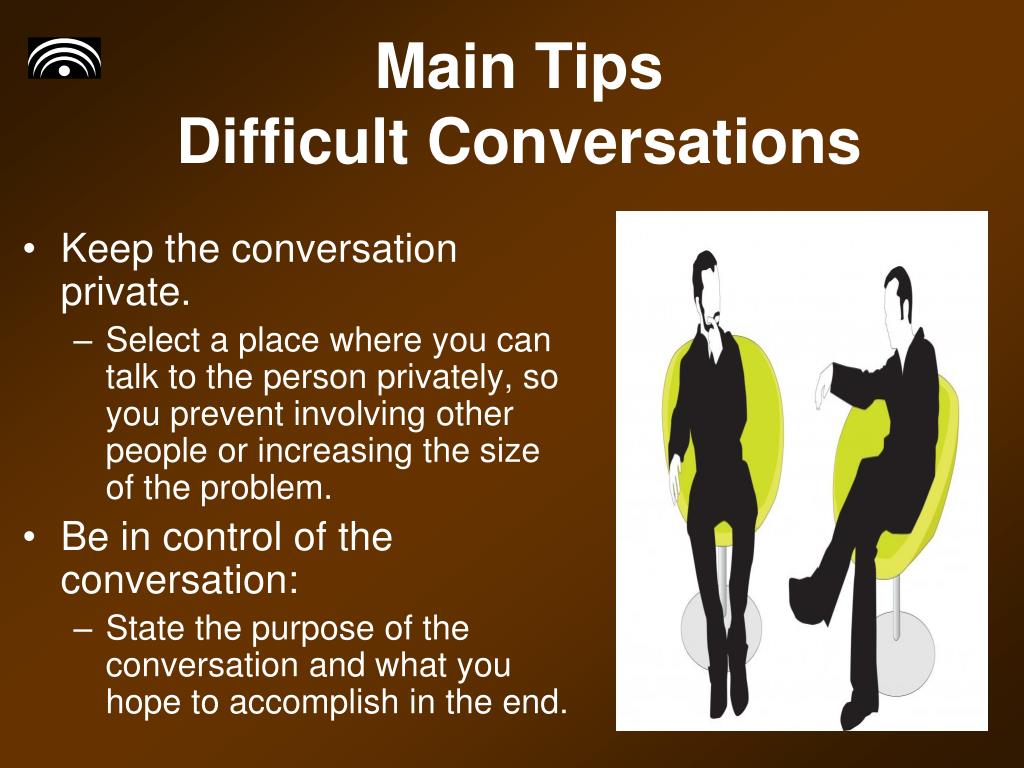Difficult Conversations In The Workplace Examples

Workplace conflicts are escalating, and managers are ill-equipped to handle them. Untackled issues can lead to decreased productivity, increased absenteeism, and even legal battles.
This article outlines common difficult conversations in the workplace and offers actionable insights for navigating these situations effectively, prioritizing immediate resolution and fostering a more positive work environment. The goal is to equip managers and employees with the tools they need to address conflict head-on, before it spirals out of control.
Addressing Performance Issues
One of the most frequent, and dreaded, conversations involves addressing underperformance. According to a 2023 study by SHRM, nearly 70% of managers avoid performance-related conversations, fearing negative reactions.
Imagine a scenario where Sarah, a marketing associate, consistently misses deadlines. Instead of letting the situation fester, her manager, John, needs to initiate a conversation.
This conversation should focus on specific examples of missed deadlines, the impact on the team, and collaboratively develop a plan for improvement. John should be prepared to offer support and resources, not just criticism.
Confronting Inappropriate Behavior
Another critical area is confronting inappropriate behavior, including harassment, discrimination, or bullying. A recent report by the EEOC showed a surge in workplace discrimination complaints, highlighting the urgent need for proactive intervention.
Consider David, an employee who makes offensive jokes in the office. If Maria, a coworker, is made uncomfortable, she needs to report it.
Management must take immediate action, following company policy and ensuring a safe and respectful work environment. The conversation with David needs to be direct, emphasizing the severity of his actions and the consequences of continued inappropriate behavior.
Navigating Salary Discussions
Salary discussions are inherently difficult, often leading to tension and dissatisfaction. Data from Payscale indicates that approximately 49% of employees feel underpaid.
Let's say Emily believes she deserves a raise based on her contributions. She needs to prepare a compelling case, showcasing her achievements and demonstrating her value to the company.
Her manager, Lisa, should be prepared to have an open and honest conversation, explaining the company's compensation structure and providing clear reasons for the decision. Transparency and clear communication are key to mitigating potential resentment.
Managing Conflict Between Employees
Conflict between employees is inevitable, but poorly managed conflicts can disrupt productivity and damage morale. The Harvard Business Review estimates that managers spend up to 25-40% of their time dealing with workplace conflict.
Picture a situation where Tom and Ben, two software engineers, clash over the best approach to a project. Their manager, Karen, needs to facilitate a constructive dialogue.
She should encourage them to listen to each other's perspectives, identify common goals, and find a mutually agreeable solution. Mediation and conflict resolution skills are essential for navigating these situations effectively.
Addressing Negative Attitudes
Negative attitudes can be contagious, impacting team morale and productivity. A Gallup poll revealed that disengaged employees cost companies billions of dollars annually.
Imagine Peter, an employee with a consistently negative outlook, complaining about everything. His manager, Susan, needs to address this behavior directly.
The conversation should focus on the impact of his negativity on the team and encourage him to adopt a more positive and solution-oriented approach. Offer support and resources, such as employee assistance programs, if needed.
Moving Forward
Companies must invest in training programs to equip managers with the skills needed to navigate difficult conversations effectively. HR departments should provide clear guidelines and resources for handling these situations, fostering a culture of open communication and respect.
Ongoing monitoring and evaluation are crucial to ensure the effectiveness of these interventions. By proactively addressing difficult conversations, organizations can create a more positive, productive, and legally compliant work environment. It is important that documentation of these conversations are recorded.
Ignoring these problems won't make them disappear, acting quickly is the only way.


















